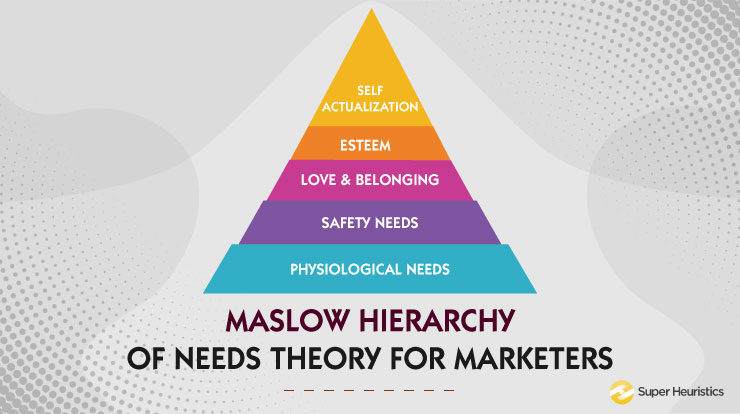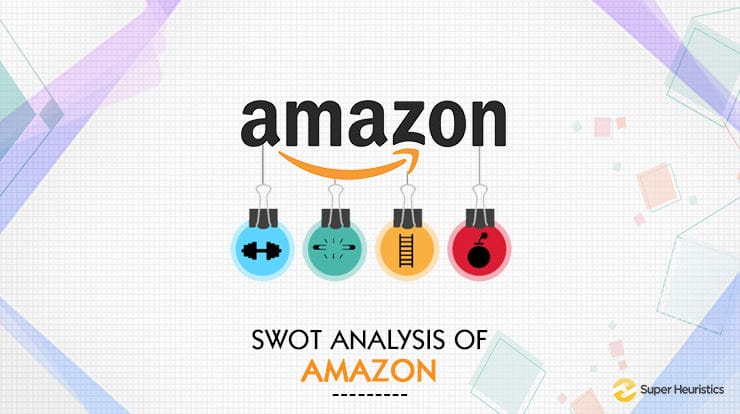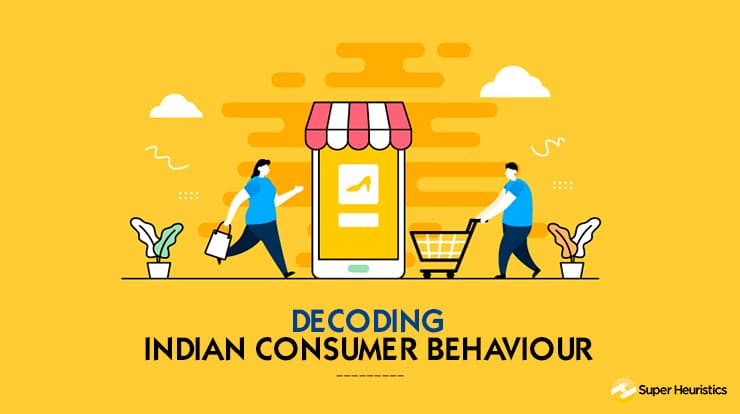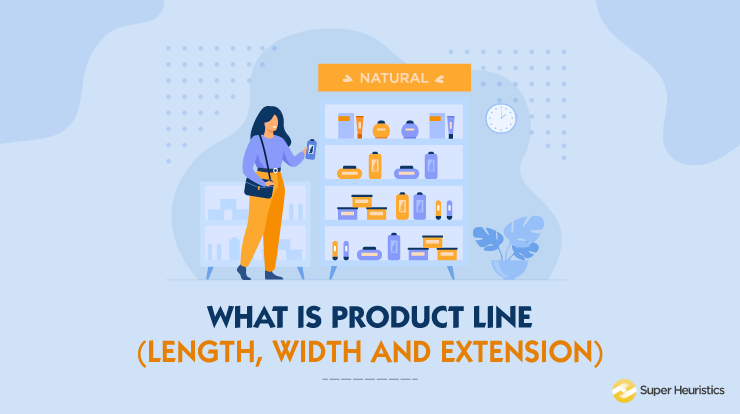
As marketeers of the future, it is essential that you are informed about a product line & its offerings. How they are positioned by brands to gain a stronghold against their rivals ? Why do a lot of brands keep adding new product categories on their shelves.
I myself did not differentiate between types of product lines, their width, length & depth before I started observing various brands in my marketing courses in MBA.
I thereby developed a perspective of why companies like Hindustan Unilever Ltd., Godrej Consumer Products Ltd., Colgate Palmolive , Procter & Gamble etc pose as big shots in the FMCG sphere.
What is a Product Line?
A product line can be described as a set of products that are meant for similar customer groups, provide similar value, and are sold through the same channels for a particular brand. Simply put, it refers to the various distinct product categories that a brand offers.
For example- Tata Consumer Products Ltd.(TCPL) sells beverages like Tea and Coffee as separate product lines, GCPL sells personal care and hair care products as separate product offerings.
Product Line Length
Product Line length refers to the number of products/brands that come under a single product category/line.
Marketeers must make a major trade-off. Having too many brands/products under a single product category or having one or two effective & revenue-generating brands ?
Say you have too many brands. Your target audience might overlap which would lead to cannibalization (eating up sales of company’s existing products)
Assume that you have only one or two brands.
Here you are overly dependent on these brands. They might not be utilizing total capacity and cannot make most of evolving customer demands and segments.
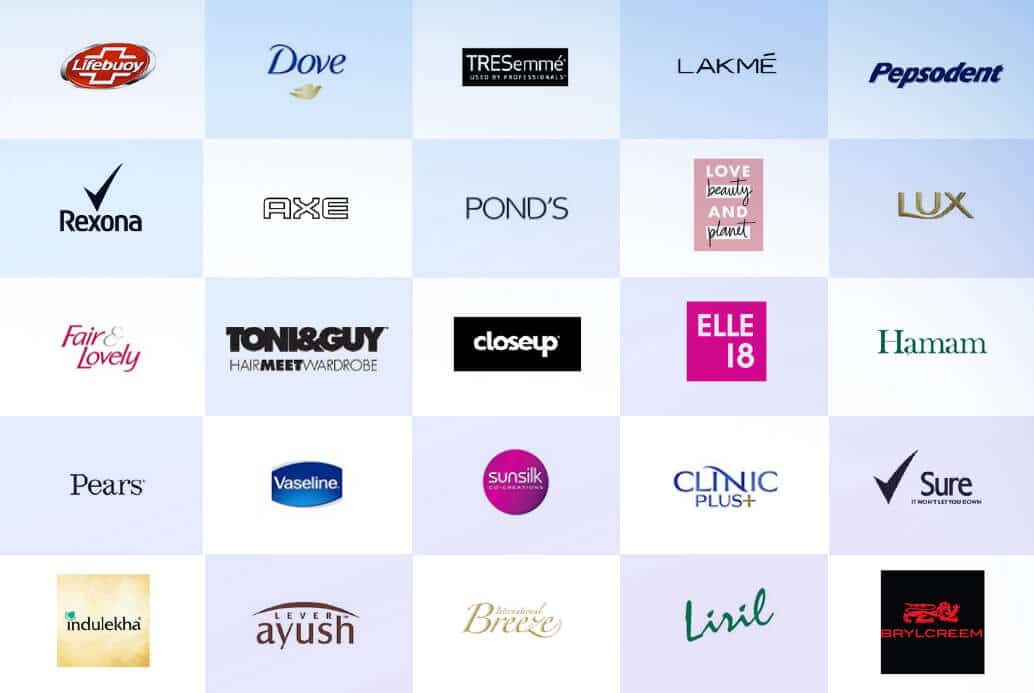
HUL website
For example, HUL possesses a host of products under its beauty and personal care segment such as Axe, Dove, Lux, Vaseline etc whereas under the Water Purifier segment it has a single brand – ‘PureIt’.
Product Line Width
Product line width can be described as the number of parallel product lines a brand or company has on offer.
Simply put, if an electronics company like Samsung manufactures computing products, home appliances, mobiles & accessories, and televisions as separate categories of products we can say Samsung has a pretty wide spread of products to offer.
What is Product Line Depth ?
Product line depth refers to the number of variants or versions offered by each product/brand in the any product line. There might be various sizes, flavours, versions of the same product on offer.
Example to clearly understand the depth, width, length
Moreover, if you are still confused about the length, width & depth of a product line, let us consider an imaginary FMCG brand ABC. Please refer to the following illustration below and we will find out the three parameters we have been talking about.

Now if you try to analyse carefully, you can find that this company ABC deals in chocolates, biscuits, health drinks and footwear. Firstly, the width becomes four for ABC as there are four parallel product lines on offer.
Consider the Chocolate category. It consists of only one product which is available in 3 different sizes or SKUs.
Secondly, the line depth for Product1 under the chocolates category becomes three.
How do you find product line length?
Observe that the Biscuits have 3 different kinds of products or brands under itself. For instance, Britannia has Bourbon, Good Day, Marie Gold, Tiger etc as various brands under its biscuits segment.
Finally, for our example under consideration, the product line length for Biscuits is three.
What is Product Line Extension?
Marketers should learn that growth and experimentation is the name of the game in any industry. You must consider the customer feedback & the market sentiments for your products.
Can you afford to neglect the bottom line of your company?
Absolutely not. If you wish to stay relevant in face of stiff competitions from rival brands.
This is where product line extension comes into the picture.
Product line extension can be described as a strategic measure adopted by brands in which they expand or ‘extend’ their offerings by including new product types/categories or introducing more variants or venturing into new products.
One might achieve this by ‘filling’ a product line or ‘stretching’ it.
Firstly, the ‘filling’ part refers to adding more products/items to existing range of products and offer more options. The objective here might be to boost profits, satisfying channel demands or being a full-fledged leader in that product category.
Secondly, the ‘stretching’ part refers to when a brand decides to add a new group of products as a whole to experiment and try their luck with new items on the wave of their customer loyalty, brand image and success with their existing products.
Examples of Product Line Extension by Brands
Let us look at some examples –
Durex
It is undoubtedly one of the most popular contraception brands worldwide.
Durex keeps coming up with new variants and types of condoms.
Why ?
To keep delighting its consumer base time and again.
Over the years, the different variants have been welcomed and loved in terms of their brand campaigns as well as their acceptability.
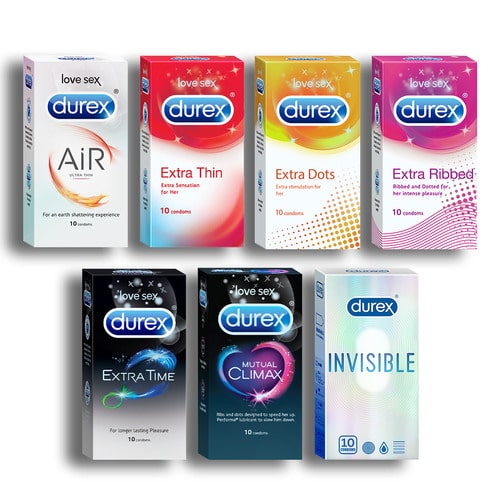
Durex India website
Aashirvaad by ITC
Aashirvaad, one of ITC’s famous brands gradually established itself as a market leader in branded atta market in India. Riding on its brand image & success, it has leveraged its loyal consumer base to venture into new categories.
For instance, Aashirvaad is now into diverse categories of offerings such as salt, ghee, spices, ready to eat meals, etc.
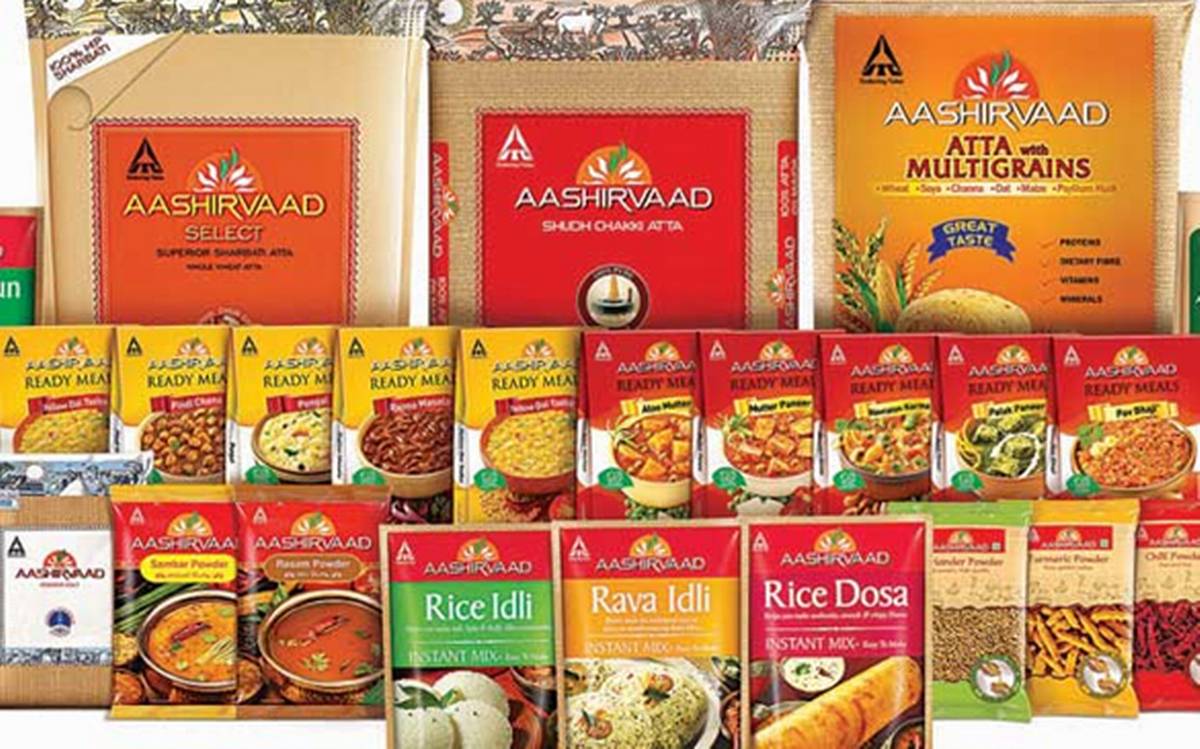
Unmemart.com
Further, this is an example of stretching the line rather than filling it as Aashirvaad was not into spices, ghee, salt earlier.
Apart from that, did you notice an unusual trend during the lockdown period?
Surprisingly, many local as well as iconic brands forayed into the sanitizer market rapidly running campaigns for their new launches in this domain.
Surprisingly, a leading Indian confectionery & biscuit company in Parle also came up with a new product category with the launch of its ‘Parle Suraksha’ hand sanitizer.

Parle Products India website
One might find it totally unrelated to existing product-set sold by Parle, but this is a classic example of brands going for product line extension when the situation & market demands it.
Product Line Consistency
You just learnt that Parle adopted a brand extension which was not consistent with its current product portfolio.
Let us discuss more about why consistency matters in this regard.
Consistency refers to the degree of how different products of a brand are related to each other.
How do you determine the parameters of relatedness? In terms of consumption, production, distribution, and marketing.
For example, when Coco Cola made other types of beverages, like Coke Zero, Diet Coke they were able to manufacture & launch such products without many changes to their existing production cycle or marketing efforts.
Why is consistency important?
Because brands are generally not successful when they experiment and work with something, they are new to.
Moreover, they might fail miserably due to lack of expertise and know-how in the new domain. However, it is more of a high-risk high reward scenario that enables the big brands to experiment and become even bigger.
Above all, there have been numerous failed examples of inconsistent brand extensions as well such as Harley Davidson colognes, Amazon’s launch of its Fire phone etc.
Conclusion
In the product line, we understood that
- Product line is the number of similar product categories being sold to a similar target segment.
- The width was the number of product categories (Ex- Personal Care, Home care etc) being sold while length of the line was the number of unique brands/products being offered under one product line (example – Vaseline, Axe, Lakme )
- The depth was the number of variants based on size, flavour, models etc of the product being offered.
- The consistency referred to how related different products of a brand are in terms of consumption, production, distribution, and marketing.
Further more from time to time, a company/brand must revisit its product portfolio judiciously.
It ought to set up a strategy to make the most of its customer insights and market demand & weed out under-performing product lines.
At times, they can introduce new variants or product lines to regain its focus and long-term brand-vision.
A mega-brand company like GE continues to sell off under-performing brands that no longer seem sustainable and streamline its product lines according to the present-day circumstances. Some brands are doing well without much reshuffle of their product offerings.
Therefore, there is no ‘one evergreen strategy that fits the bill’.
I hope you have a better understanding of product lines and their various parameters that determine how a brand evolves. It is essential to closely analyze new product launches.
Ultimately, you will have a thorough understanding of the motives behind companies reshuffling their product portfolio.


